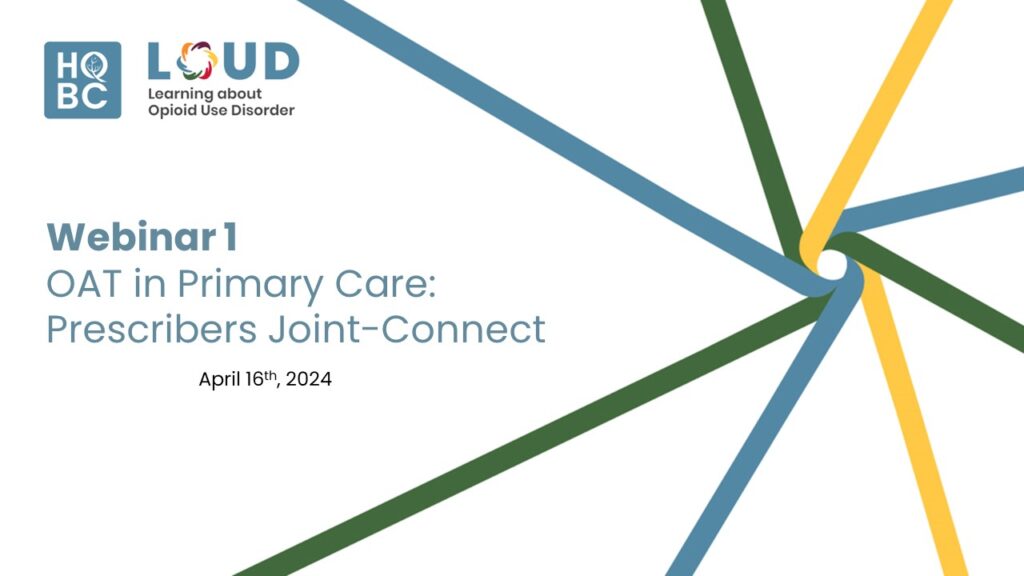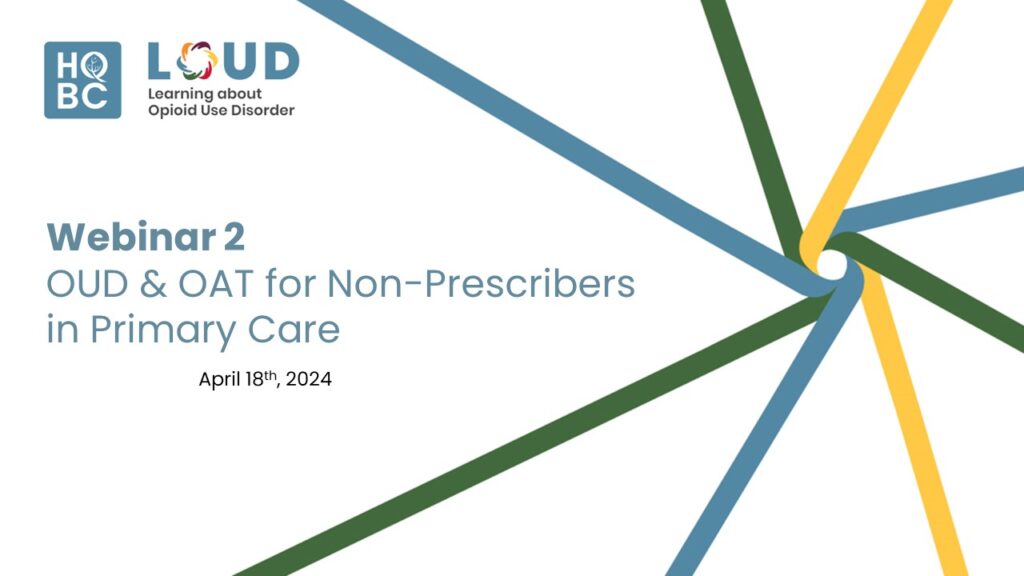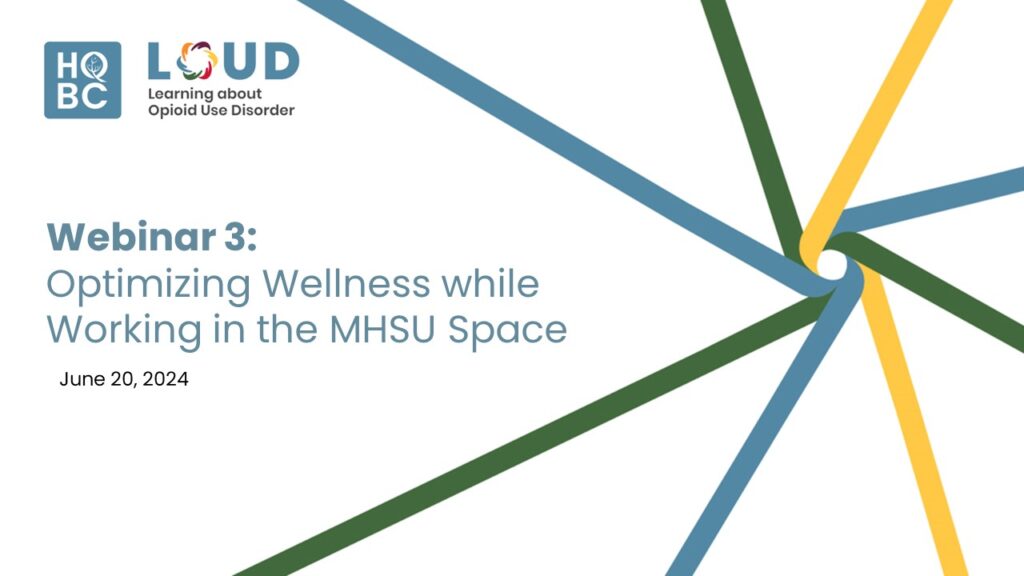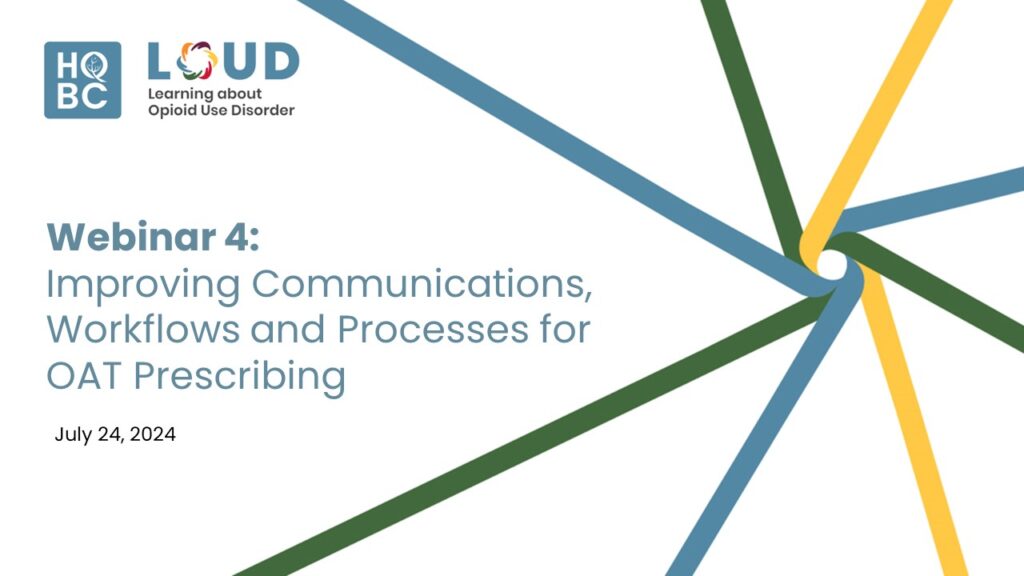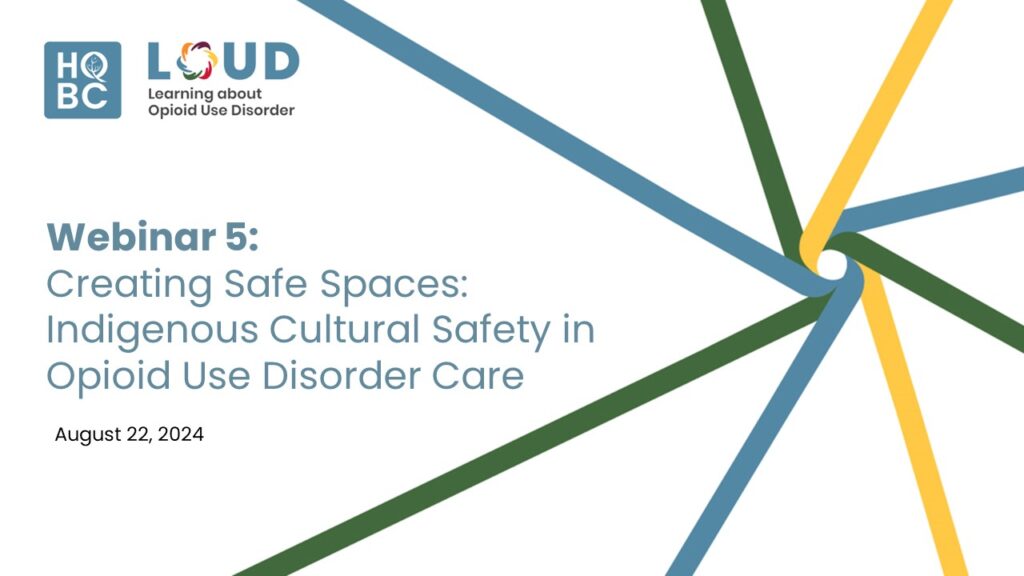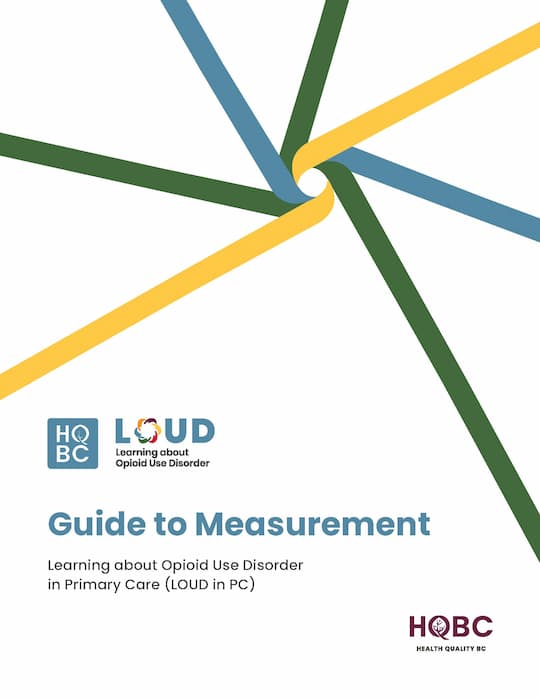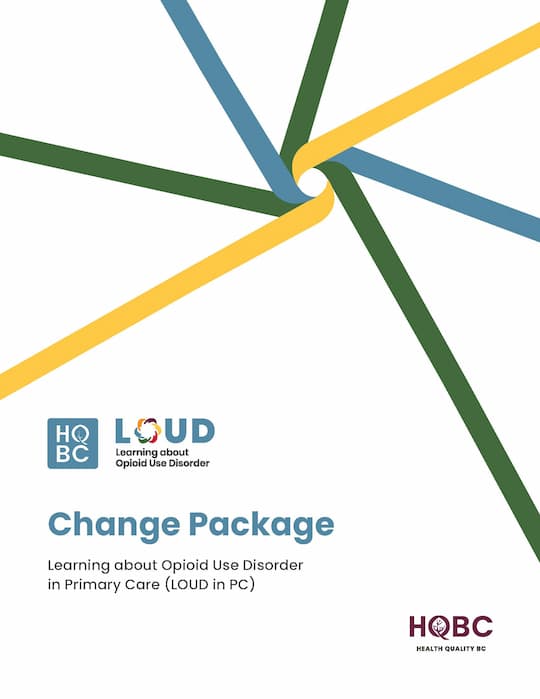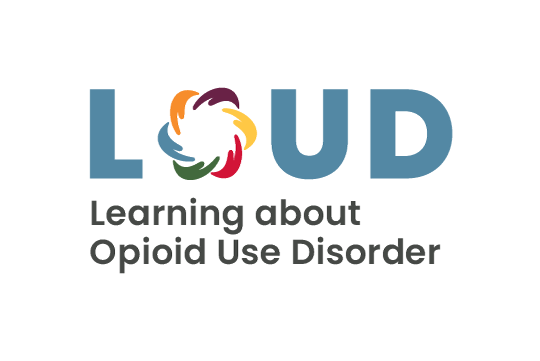
LOUD in Primary Care
(LOUD in PC) Collaborative
A provincial quality improvement initiative focused on caring for people who use drugs in our communities through increasing access to Opioid Agonist Therapy (OAT).
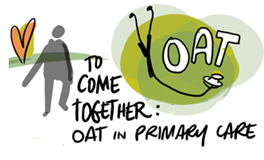
OAT is one of the most effective, evidence-based treatments for opioid use disorder (OUD) available. As the toxic drug supply crisis continues, increasing access to this treatment can help save lives and improve the health of our communities.
On April 14, 2016, BC’s Provincial Health Officer declared a public health emergency that set-in motion collective action to combat the number of opioid use-related harms and deaths across the province. Despite various efforts from across the system, the number of deaths related to toxic drug poisonings continues to climb at an alarming rate. Due to the ongoing impact of the toxic drug crisis, there is an identified need for sustainable and spreadable change. The LOUD in PC collaborative will provide support to primary care facilities across the province looking to increase and improve their delivery of OAT.
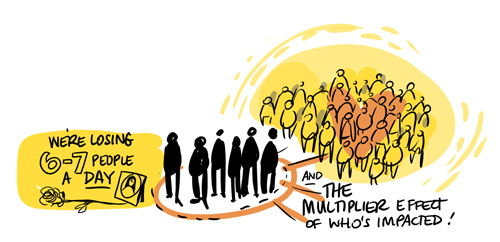
OUD & OAT Webinars
As part of the LOUD in PC Collaborative, HQBC hosted webinars throughout the summer about different topics related to improving opioid use disorder care (OUD) in primary care across BC. Check out the recordings to learn from leaders in this space and OAT prescribers in the community.
Featured LOUD in PC Resources
Check out the LOUD in PC Change Package and Guide to Measurement for Teams! These key content materials are now publicly available and can be accessed in the LOUD in PC Resources section below. The Change Package and Guide to Measurement are complimenting documents that describe how teams can plan, implement, and evaluate changes within their primary setting to increase OAT accessibility.
Teams who are currently enrolled in the 2023-2024 cohort can access all collaborative materials , including the Change Package and Guide to Measurement, in our Online Learning Portal.
LOUD in PC Guide to Measurement
LOUD in PC Change Package
Frequently Asked Questions about LOUD in PC
The LOUD in PC Collaborative draws to a close in September 2024. To receive updates about future mental health & substance use opportunities at HQBC, please register for the MHSU Newsletter here or contact us at loud@healthqualitybc.ca.
Still have questions? Email us at loud@healthqualitybc.ca.

